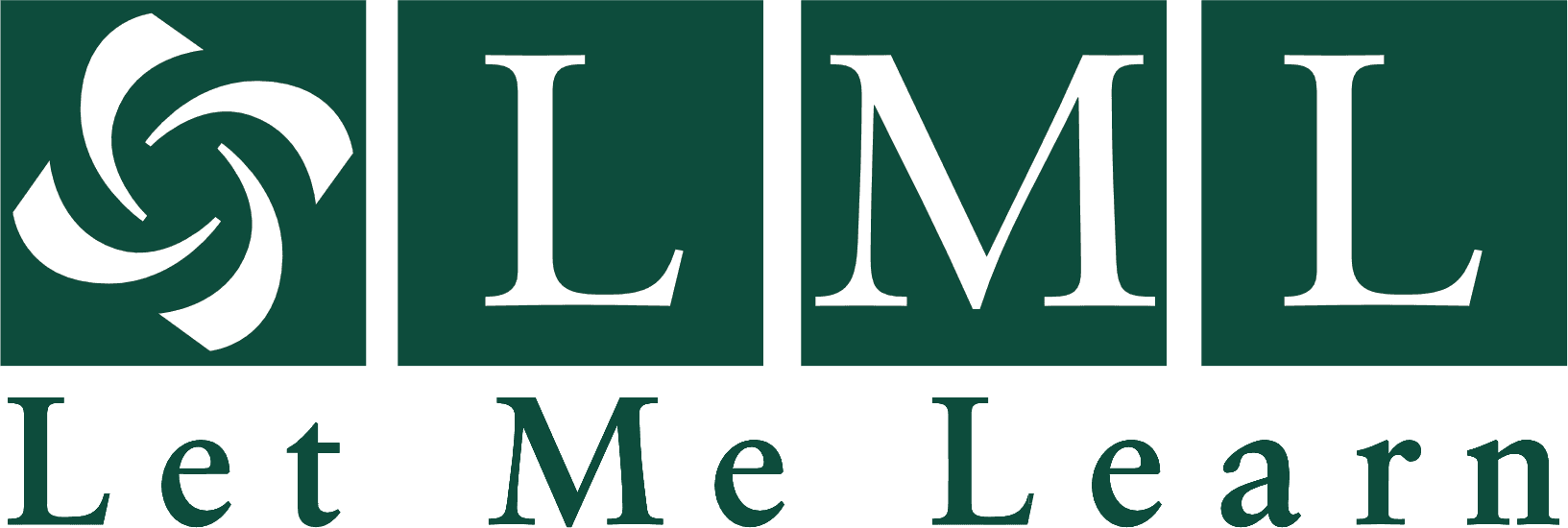
The Let Me Learn Process: An Agent for Intentional Teaching and Learning
by Rachel Tabone, University of Malta, 2009
Abstract
This dissertation focuses on what is intentional teaching and learning and on how the Let Me Learn (LML) process contributes to this. One characteristic of an effective teacher is ‘intentionality’ – doing things with a purpose and goal in mind. Teachers thus need to understand how students construct and make their learning process work best for them. Students do this by using their unique combination of all the four learning patterns; Sequence, Precision, Technical Reasoning and Confluence. Structured participant observations of teachers, who received training in the LML Training Programme, are carried out in four primary classrooms. The classroom environment, teacher effectiveness and the teaching and learning process are observed and analysed in depth and in relation to intentional teaching and learning characteristics. The data collected from the observation sessions is corroborated with interviews with the same four teachers and with questionnaires to pupils observed in Grade 4 and Year 5. Results indicate that teaching with intention is a way to reach the unreachable learners. In learning intentionally, the student becomes an independent and responsible learner. This facilitates the path to life-long learning success. Reflective practice and the teacher’s own personal will and beliefs are additional agents in developing intentional teaching and learning.
● ● ●

by Hersh, Susan, M.S., Rowan University, 2007
Abstract
The intention of this study was to explore non-instructional applications of the Let Me Learn Process® of nine individuals who held leadership positions at Rowan University in Glassboro, NJ. The study examined recurring themes that may warrant further research. Data were collected via in-person interviews. The interview schedule consisted of seven questions and the researcher encouraged each participant to share specific examples and personal stories regarding his/her first-hand use of the Let Me Learn Process® outside the classroom. The researcher identified common themes among participants included use with teamwork, collaboration and communication. Data analysis also suggested a positive correlation between exposure to the Let Me Learn Process® and applications in family and personal life, especially use with a spouse, child, or grandchild. In addition, nearly all participants discussed the connection between the Let Me Learn Process® to self-reflection and self-worth. In regards to the application to supervisory or managerial tasks, there emerged negligible statistical significance.
● ● ●

by Vanhear, Jacqueline, M.Ed., University of Malta, 2006
Abstract
Children are nowadays showered with information and knowledge about environmental issues; however, this is very rarely transformed into concerned action. Researchers in Environmental Education reveal that rather than knowledge, important determinants of commitment include feelings, psychological factors and active participation while learning. Therefore, the misconception that the transmission of knowledge would be sufficient to trigger off an attitude of responsible environmental action has evolved into something more complex where what matters is not what knowledge is delivered but how it is delivered and experienced. This study describes the merging of Veeheuristics and Concept Mapping with an advanced learning system, the Let Me Learn Process® to capture the learner uses of metacognitive skills during an extant learning event.
The significance of this study lies in the manner in which it lays open for the teacher the mind operations of the learner thereby equipping the teacher to better mentor and coach the growth and development of the learner rather than shape the learner through a one-size fits all learning environment as is too often the case in traditional schooling. This study suggests that the use of Vee Heuristics and Concept Mapping along with an awareness of how the child prefers to learn may be a step forward towards tapping in the child’s internal talking. This would enable educators to understand how each learner responds to incoming information in order that learning about environmental issues becomes relevant, meaningful and which may in the long run contribute to an improved environmental responsible behavior.
● ● ●
Research
Check out other research
Read more research and results about the let me learn process.




